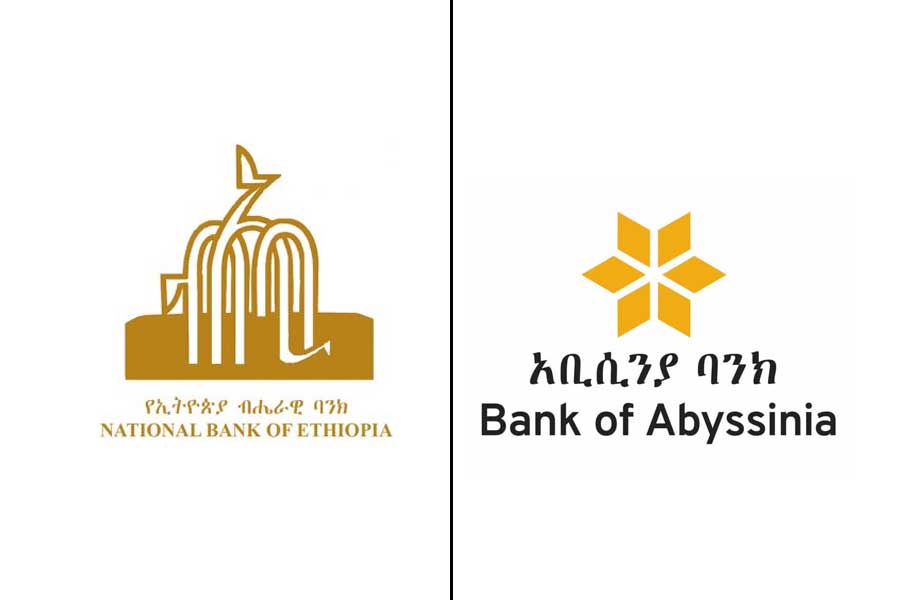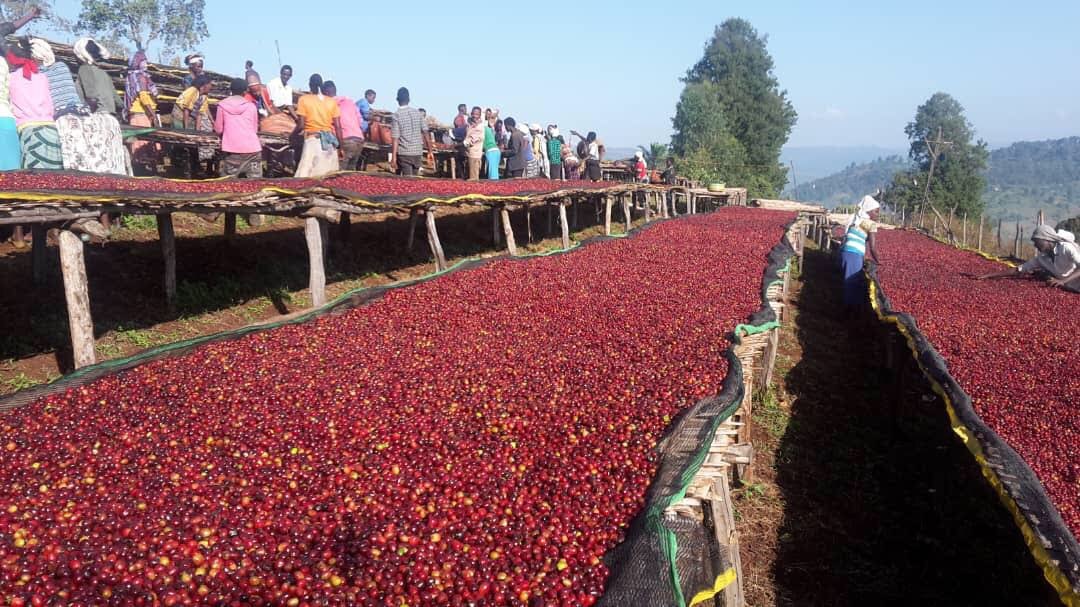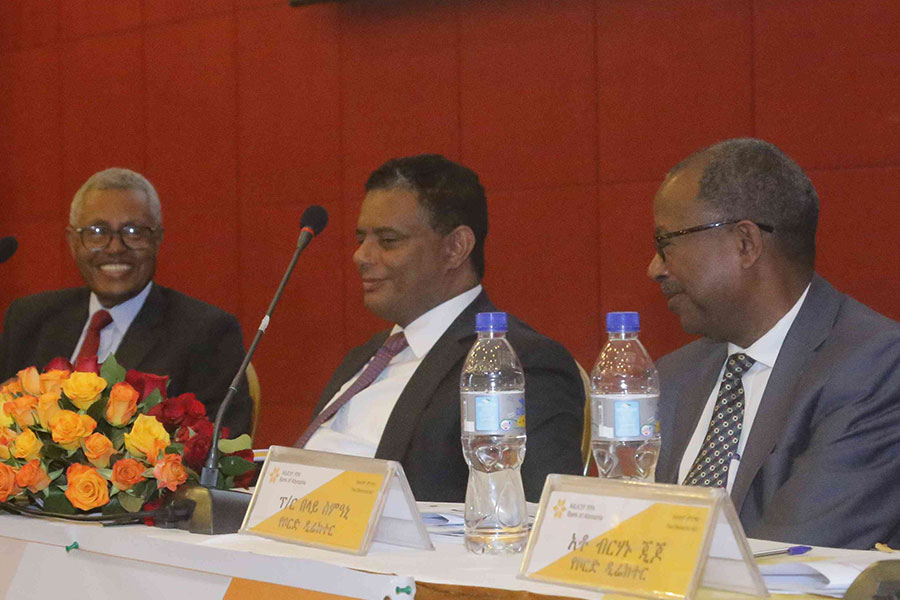
Fortune News | Mar 12,2022
It has been four devastating months since the federal government's intelligence system blocked access to certain websites.
The use of a Virtual Private Network (VPN) has become compulsatory to access social media platforms such as Facebook, TikTok, YouTube and Telegram, which works by off-shooting the server's location to a proxy in a different country.
The restrictions have thrown several businesses that rely on digital marketing off track, feigning the client's origin.
Abraham Kibru is a manager at Benetsa Marketing & Communications Agency, which specializes in outsourced digital marketing work and consulting for companies looking to develop an in-house digital marketing team.
Their services, offered across all social media platforms for the past five years, can cost up to 20,000 Br. He observed that TikTok's algorithm relies more on users' frequency and consistency rather than location, making it easier to reach targeted clients even when using a VPN.
"We redirected our preference," he told Fortune.
In Ethiopia, TikTok boasts over a million regular users. Abraham notes that the increasing acceptance of digital marketing as a crucial aspect of viable promotional endeavours sparks hope for the nascent market. Despite anticipating a decrease in business demand due to restrictions, the company has not experienced any lull in demand.
It is estimated that around seven million individuals in the country utilise at least one social media platform. Additionally, Facebook's Ad has a reach of 28.8pc of the local internet base.
In spite of a decline in the effectiveness of marketing campaigns, some industry insiders suggest that clients continue to flow in due to a lack of understanding about the nature and mechanics of targeted Ads.
The number of internet users increased in Ethiopia by half a million between 2022 and 2023. There were 20.86 million internet users in Ethiopia at the start of this year, with the national internet penetration quivering at around 16.7pc, according to Dareportal. It is an Asia-Pacific-based online library which posts statistical reports on national topics.
Ethiopia is one of the 23 countries to have imposed a partial or complete blockage of internet coverage in their respective countries last year. A staggering 3651pc peak from the average VPN demand is reported between February and March by Top10 VPNs.
A local youtube channel, And Afta Media Founder, Benti Abera indicated a 10pc decline in viewership from Ethiopia, while a complimentary increase from countries such as the US account for 40pc over the last four months.
"There is definitely a rise in Ad revenues," he told Fortune.
YouTube employs Revenue per Mille (RPM), incorporating channel memberships, premium revenue, super chat, and stickers to project earnings per 1,000 views. It does not issue earnings to creators who have not passed the 1,000 subscribers and 4,000 watch hour threshold.
Cost per 1,000 impressions (CPM) calculates the money advertisers spend to be featured in YouTube Ads. The rate for Ethiopia is exactly one dollar and one cent while neighbouring South Sudan titers around the two dollar mark.
Benti notes that Afta, with nearly 900,000 subscribers, may not be a prime target for companies looking to advertise their products in the Ethiopian market. However, he remains optimistic that revenue from advertisements will increase due to the growing popularity of VPNs. Benti also observes that local real estate companies, which heavily rely on digital marketing, have a chunk of the audience residing abroad.
The products advertised appear to be reaching a consumer class willing and capable of purchasing, Benti said.
Authorities on several posts told Fortune their institution is not accountable for the restriction citing it as a security matter. Balcha Reba, director general of the Ethiopian Communication Authority, acknowledged the restriction of social media services without ascribing responsibility to the Authority.
"It is not us," he told Fortune.
The Ministry of Innovation & Technology also denies culpability for the restricted social media access either. According to Tesfaye Alemnew, Communication Director at the Ministry, the task is not within the scope of their responsibilities, as they are not an "(Internet Service Provider)ISP entity."
Despite several attempts to contact the Information Network Security Agency (INSA), no comment was given on the development of this story.
While content creators' videos on YouTube seem to surmount the sudden changes to the digital landscape posed by restriction-induced VPN use, others are being hampered by a lack of access to social media servers.
Guzo Technologies, a five-year-old startup company that provides extended reality (XR) and virtual reality (VR) services, has had its business gravely complicated by inaccessibility to social media, especially Meta servers.
Daniel Getachew, the founder, notes that achieving a seamless experience is quite challenging with the Oculus VR heAdset, a Meta product, due to frequent plugins and updates, which is complicated when using VPN.
"The big tech companies don't sync well with unverified VPNs," Daniel told Fortune.
The startup founder expressed that although VPNs are effective, the subscription fees and reliance on proxy servers hinder the ease of using these technologies while engaging with the targeted social media advertising has become daunting since the servers indicate locations outside Ethiopia.
The company, founded with a paid-up capital of 500,000 Br, triumphantly weathered the Covid crisis a mere eight months into opening its doors, according to Daniel.
"At least businesses which rely on social media should get access," he told Fortune.
The manager also emphasised that information regarding the exact timeline of the restriction would go a long way in helping them plan for the long haul.
Average internet speed using cellular data in Ethiopia is around 19.1 Mps, according to data from Ookla, a non-profit that provides web-based network diagnostic applications.
Maedot Assefa, the digital entrepreneur behind Store251, said their e-commerce business has dropped following the social media restriction.
It is an online marketplace for locally made products selling across Europe and the US since 2014. Bags, shoes and several locally made products are featured on the site.
Visitors to the company's website have declined by 41pc in the period from the date of the restriction, February 9-May 30. The enigmatic founder was surprised to learn that some businesses benefit from the proliferation of VPN use.
Close to 30.7pc of Ethiopia’s total internet user base, regardless of age, used at least one social media platform per data from January 2023.
Experts caution the ironic contrast between a policy geared towards a digital economy that restricts access will be offputting to multinationals who seek to invest in an economy.
Kirubel Tadesse a researcher and PhD fellow from American University's Internet Governance lab, begs to differ with the overall approach of the government with regard to social media restriction.
"The restrictions actually fuel misinformation," he told Fortune.
Kirubel explained that since social media restrictions impede access to independent journalists by the general populace, speculative content will garner wider attention due to its acrimonious nature.
He suggested that prioritizing digital literacy is a long-term solution to misinformation, not restricting access.
He referred to the October 4 outage of Facebook, which piled up 100 million dollars in damages, to underscore that social media is no longer a medium of personal interactions but a crucial tool for companies to access markets.
Kirubel highlighted that while VPN use increases the Ad revenue of YouTube content creators, its expanded utilization is not a sustainable digital strategy.
“It is necessary to create a digital presence for emerging businesses,” he said.
PUBLISHED ON
[ VOL
, NO
]

Fortune News | Mar 12,2022

Sponsored Contents | Apr 04,2022

Radar | Oct 16,2021

Fortune News | Sep 10,2021

Commentaries | Oct 16,2024

Commentaries | Mar 25,2023

Radar | Jun 04,2022

Fortune News | Dec 17,2022

My Opinion | Sep 21,2024

Commentaries | Sep 27,2025

Dec 22 , 2024 . By TIZITA SHEWAFERAW
Charged with transforming colossal state-owned enterprises into modern and competitiv...

Aug 18 , 2024 . By AKSAH ITALO
Although predictable Yonas Zerihun's job in the ride-hailing service is not immune to...

Jul 28 , 2024 . By TIZITA SHEWAFERAW
Unhabitual, perhaps too many, Samuel Gebreyohannes, 38, used to occasionally enjoy a couple of beers at breakfast. However, he recently swit...

Jul 13 , 2024 . By AKSAH ITALO
Investors who rely on tractors, trucks, and field vehicles for commuting, transporting commodities, and f...

Oct 18 , 2025
The political establishment, notably the ruling party and its top brass, has become p...

Oct 11 , 2025
Ladislas Farago, a roving Associated Press (AP) correspondent, arrived in Ethiopia in...

Oct 4 , 2025
Eyob Tekalegn (PhD) had been in the Governor's chair for only weeks when, on Septembe...

Sep 27 , 2025
Four years into an experiment with “shock therapy” in education, the national moo...